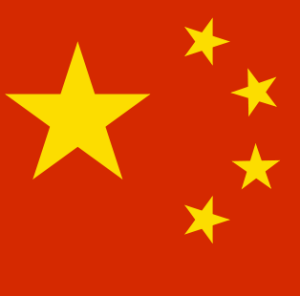
It would seem contradictory, even some would say almost to the level of self-parody, that a government official and party member in a nominally communist country could be tied to a family that controls a fortune rumored to be valued in the billions of dollars. Yet such is the rumor with the Prime Minister of the People’s Republic of China, Wen Jiabao.
Son of a Schoolteacher
Though raised in abject poverty according to his own personal accounts, Wen Jiabao’s 90 year old mother has at least one investment in her name valued well over $100 million in a Chinese financial services company. How a widow of her age could have accumulated such a vast fortune remains a mystery but, coincidentally, the vast majority of the wealth was made after her son became Vice Prime Minister in 1998.
Of course, Yang Zhiyun is not the only relative of Wen Jiabao’s to have become fabulously wealthy since his ascension to the top tiers of power in the PRC.
In addition to his elderly mother, his son, daughter, younger brother, and brother-in-law have all amassed vast fortunes during his premiership. Reviews of corporate and financial regulatory records ties Wen Jiabao’s family to a fortune valued at approximately $2.7 billion.
Complex Corporate Ownership Schemes
Relatives of the Prime Minister have had their identities obscured through layers of paperwork and many different shell corporations. Most of their investments have been in a mix of state-owned or state-influenced enterprises as well as other ventures that have attracted private capital in China. Everything from construction to insurance comprises the family portfolio.
All of this would be well and good if Prime Minister Wen Jiabao did not have such influence over the People’s Republic’s economy. Indeed, in a state-driven economy such as China’s, the Prime Minister exerts great influence over economic development and projects.
Wen has the ability to authorize a Chinese company to be listed on the stock exchange, for example. He can also channel investments in strategic sectors.
It is alleged that the Prime Minister’s brother was given a government contract for $30 million to handle wastewater and medical waste disposal for some of China’s largest metropolitan areas.
In 2004 the State Council allowed Ping An Insurance, one of the family’s holdings, exemption from state laws that limited the firm’s size. The insurance company went on to raise over $1.8 billion when it went public.
Communist Party Regulations
Communist party rules require members to disclose their personal wealth but do not prohibit family members from becoming dealmakers or investors. This gap allows them to amass vast fortunes using the family name.
It is rumored that most of the ruling clique are enormously wealthy, however, they all go to great lengths to conceal this wealth because of the political environment in which they govern.